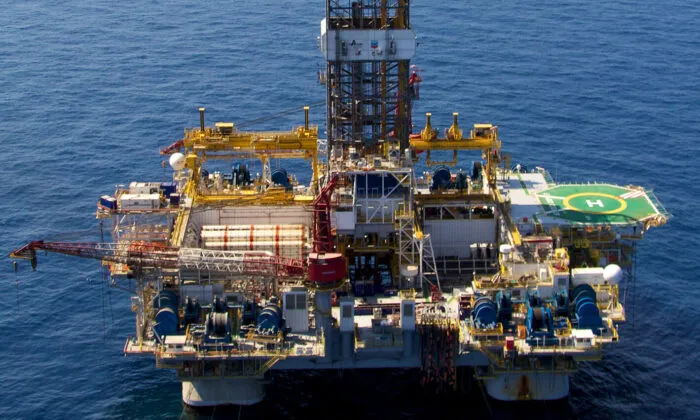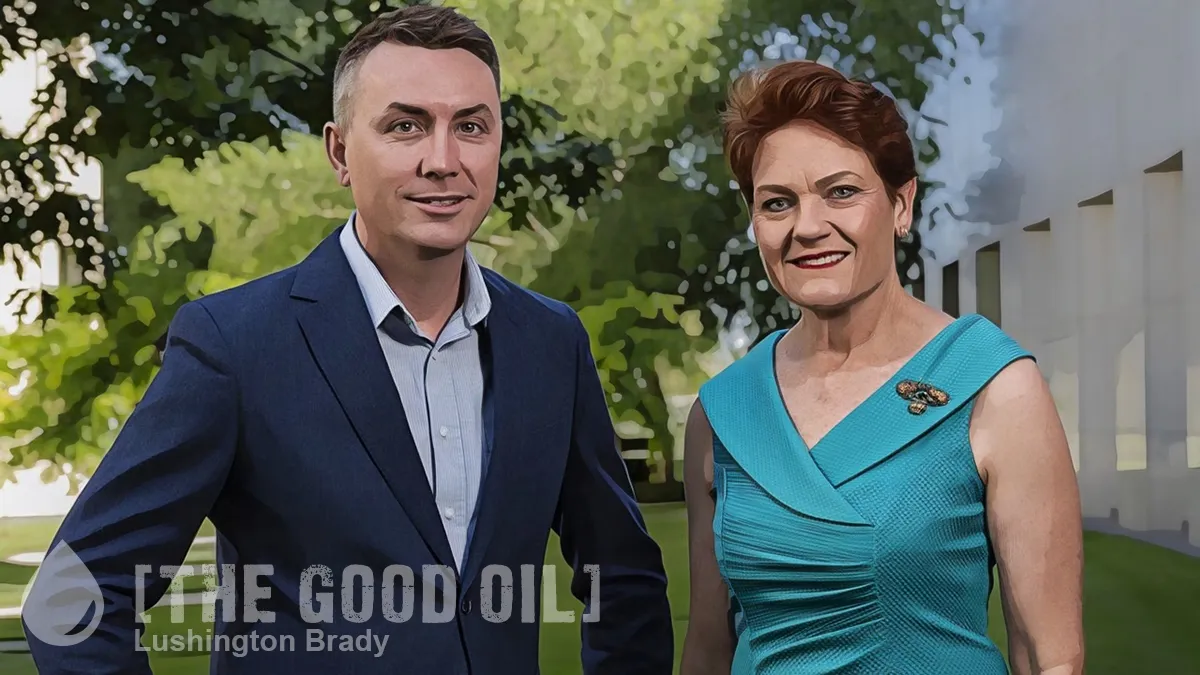Table of Contents
Astonishingly, there’s one member of the Albanese government who seems to dimly grasp the basic rule of economics: the allocation of scarce resources. Resources Minister Madeleine King is warning against the Greens’ and environmental groups’ lobbying against gas developments.
It’s pure politics, of course: King’s seat is in the absolutely resources-dependent state of Western Australia. But that doesn’t mean she’s exactly wrong, either.
Resources Minister Madeleine King has warned that decreasing gas supply faster than demand will lead to “shortages, supply disruptions and high prices”, while also “worsening poverty and inequality”, launching a strong economic defence for the fuel source’s role in underpinning the nation’s clean energy transition.
King is trying desperately to walk both sides of the barbed-wire fence, here. At once trying to mollify voters whose livelihoods depend entirely on resources like gas, while at the same time trying to buy off the eco-loons. Not just in the Greens, but her own cabinet colleague, the dopey Minister for Climate Change and Energy, Chris Bowen.
Unlike Boofhead, King at least dimly grasps that cutting fossil fuel supplies is going to hurt working-class people.
“We need to ensure gas demand decreases faster than supply through the energy transition,” Ms King said. “Gas shortages, supply disruptions and high prices are among the consequences of reducing supply faster than demand.
“These consequences disproportionately impact those who can least afford them, worsening poverty and inequality.”
Wow, reducing supply below demand creates shortages and increases prices? It’s almost like it’s basic economics!
It’s also basic politics that shutting down massive, job-creating developments in your own backyard doesn’t help your chances of re-election.
Ms King was a supporter of Woodside Energy’s proposed Scarborough gas development in Western Australia that was last week halted after the Federal Court found there was a lack of consultation with an Indigenous group opposed to the $16bn project.
Just the sort of thing we could all look forward to, under a “voice”.
Unlike Albo and his Treasurer, Jim Chalmers, King is also clearly aware that Zippy’s windfall surplus is entirely the result of unexpectedly high income from resources exports. Knee-capping the resources industry will summarily kill that little cash-cow. It’s going to be bad enough anyway, as export earnings slow down, as it is.
The latest Resources and Energy Quarterly from the Department of Industry, Science and Resources reveals how an anticipated retreat from record prices for raw materials such as iron ore, metallurgical and thermal coal and liquefied natural gas will drive the plunging value of earnings.
A slowing global economy, not least the result of China’s sluggish recovery from Covid lockdowns, will cut export earnings from a record $467bn in 2022-23, to $400bn in 2023-24, with a likely further slowdown to $350bn in the following financial year, the report says.
And there’s a whole lotta jobs in resources. Nowhere more than in WA.
The natural resources sector directly employs 300,000 Australians, contributes nearly 14 per cent to the national economy, and makes up two-thirds of the country’s total merchandise exports.
The Australian
But, sure, let the Green zealots and the rainbow serpent fanciers shut it all down.
Then we can all get on with eating our cold mung beans in the dark. Mother Gaia will be placated at last.









